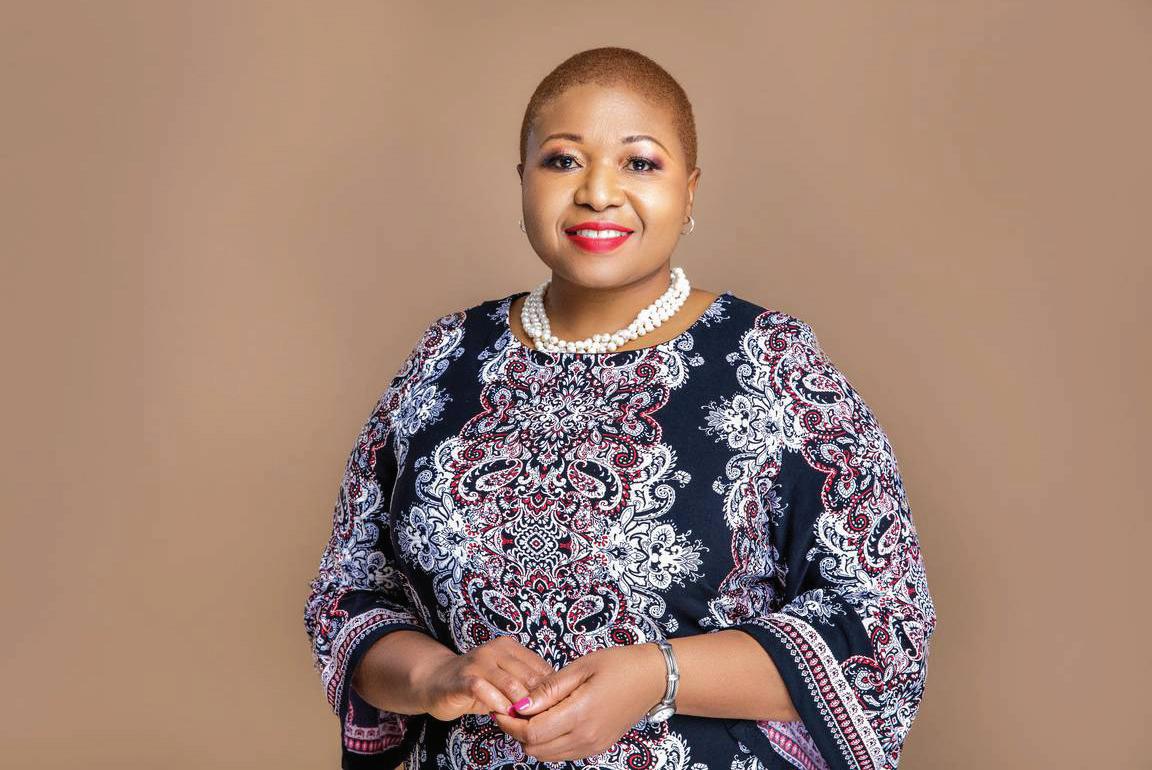
4 minute read
MY STORY, MY IDENTITY
Rehema Isa
I grew up in a Christian home.
Advertisement
Whether your response is to move on to another article, or your reaction is “What’s that got to do with anything?”, if you are still reading this, there is, at best, a mild curiosity to discover, affirm, or contradict what you think may follow. Through this seven-word opening statement, I invite you to tell yourself a story about the intentions or direction of this piece.
Whatever you may have conjured up from my opening statement, I can confirm that for me and my home, the term Christian translated into going to church every Sunday as a practice. It meant a dedicated section for religious grounding in the form of Sunday school and confirmation classes. For me, the entire experience signified exposure to one of the oldest storybooks in the world, the Bible. I was enamoured by the parables, and careful simplification of lessons for living. Like many things that captivate us in our youth, time and life experiences erode memories that are replaced by new allures, concerns, and contemplations. A limited exposure to the Islamic faith, teachings, and practice got me fascinated by Hadiths and the similarities more than differences of faithbased teachings. One thing has remained consistent for me - my curiosity and the fascination with human stories, the lessons they carry, the weight we all assign experiences, and how we use them to convey meaning and values.
My area of interest over the past 16 years has been storytelling by and of African entrepreneurs and organisational storytelling. My observations of the world of entrepreneurship have shown me how stories shape reality statements - deeming these as incontestable home truths with significant implications shaping the direction of discourse and the allocation of resources. In large corporate structures, I have seen how storytelling supports or hinders the devolution of strategic intent and value propositions from C-Suite boardrooms to organisation culture and execution, depending on the effectiveness of the storyteller and the compelling nature of the story.
As Africans doing business, we all contend with stories on a daily basis, either as the chief narrator defining the plot or as active participants in stories playing out that we found mid-narration. We navigate multiple cultural paradigms and constructs on a daily basis. As dawn breaks, the first cultural context is the home dynamic, experienced through language of communication at home, faith practices, and cultural belief systems. Waking and being are a natural transition from the language of our dreams to reality.
A “post breakfast” reality contends with the world of work. We all enter the world of work with a rich personal context and realities that influence what we think, how we show up, what we deem as significant and irrelevant. We spend several hours of our day at work, and it is here that we convene to share ideas, allocate tasks, and execute on mandates and priorities. Language is the official port of entry to the world of work, and the transacting currency is words.
In South Africa, the currency of the workplace is the English language, an imposed and socialised standard of communication which is a bi-lingual barrier. Beyond the rules of the language, it also comes with an unwritten rule that requires a roll of the tongue to achieve what is deemed as proper enunciation in deep contrast to a natural elocution capability. Woe betide the grammatical faux pas, a circumstance of literal translation from the mother tongue to English, which when often repeated subjects one to the unwritten caste system of the corporate world denoting intelligence, assigning career prospects, and defining spheres of inclusion and influence.
Years ago, I ran a publishing and media company called Hadithi Media (named so quite deliberately), and one of my employees was a young South African lady. She spoke flawless isiZulu and English that was accented as it was delivered with undertones of the influences of isiZulu intonation and enunciation. We had developed a script for calling potential clients that she would use with limited success. I decided to listen in on some calls and heard firsthand dismissals, with the person on the other end of the line sharing that the company we were calling did not do what we were asking of them. This was a falsehood, and rather than take it at face value, I paused and called a few organisations back personally. My intonation is private school influenced, and my delivery of English is native and English accented. Using the same script, I gained access to the CEO and engaged with and secured a deal within ten minutes of conversation. I was aware that I got more airtime because my accent and pronunciation were more “familiar,” and that made it “easier to interact.” I was also acutely aware of how the exact script was dismissed because there was an unwillingness to hear it spoken differently.
I can appreciate that while words are the birthplace for conversation, there is a lot of work that needs to be done by us all to accept and define richer context that accommodates the different orators of words using the same script, who may look and sound different. This is where the exciting work takes place. It is in engaging in the dynamics of language and culture using stories as the birthplace for understanding those around us better, and amplifying these stories as playbooks for others to access. It is in working with storytellers so that they may be heard in their voices and accents, normalising and levelling the playing field of who gets to tell stories, where these stories are told, and how to make their stories more accessible.
There is a South African greeting in the isiZulu language that says “Sawubona” which directly translates to “I see you.” More than the physical construct that you represent, it means “I recognise the worth and dignity of you.” When we introduce ourselves to people, we share a tiny snippet of who we are. The other person creates a whole story. In order to create a safe space to engage in, we need to interact with more than just the first line of the stories being shared around us and to suspend our reality statements long enough to see more, hear more, and to engage authentically with open hearts and minds. Take time to tell stories, take time to listen to stories from multiple storytellers.











